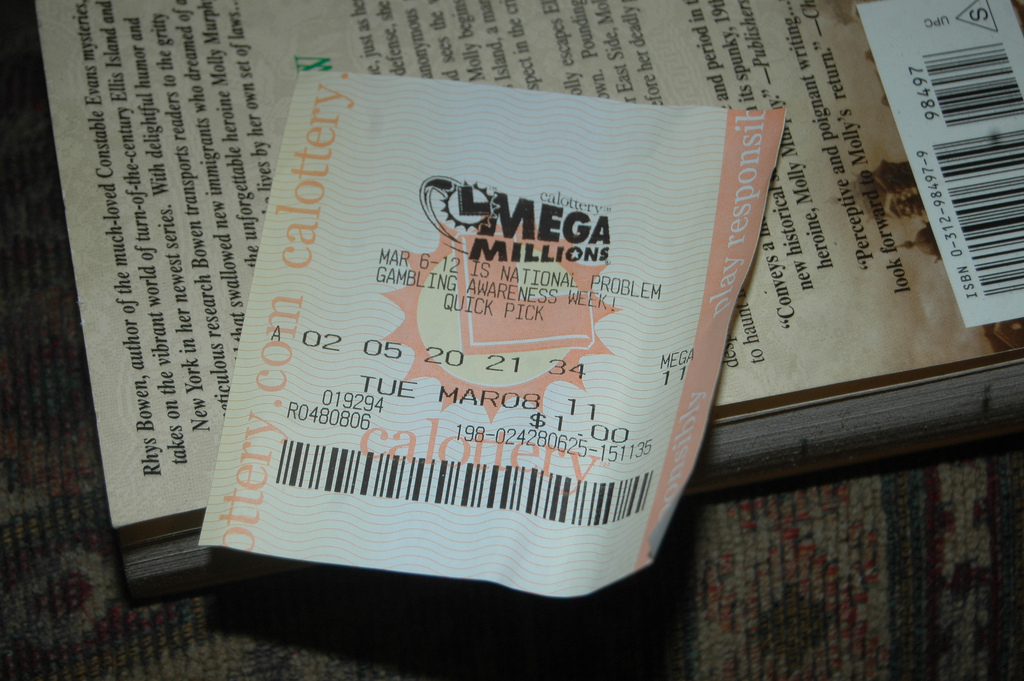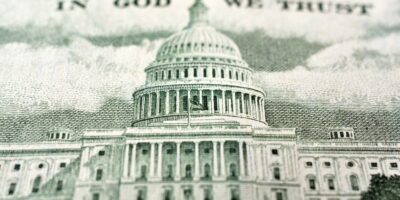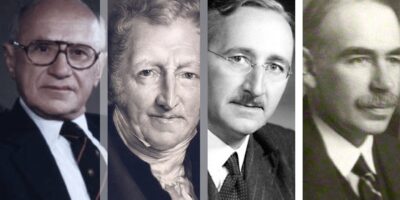Why Lottery Winners Are Sometimes the Unluckiest People
Economists love natural experiments: real-world cases in which there are clean control and treatment groups, allowing researchers to look at the effect of some change. It’s because we can’t do many experiments on our own. I would love to know what would happen if you took 10,000 people, randomly redistributed their wealth so some rich people became poor and vice versa, and studied how they did over time. But beyond my keen academic interest, I would find actually doing that experiment just as horrible as the next person. So we have to wait for the right set of events. We do have a natural experiment of sorts when asking the question “How important are human capital (innate ability and education) and social capital (who one knows) for people who have a lot of money?” It’s called the lottery. And it’s not looking so good for people who get the money without the capital.
Both the scientific and anecdotal evidence suggest lottery winners are not better off than they were before winning. Time and The Atlantic both have rundowns of several past winners’ stories, and the sad cases they review are just the tip of the iceberg. If you think about it, it’s really not surprising. If you’re a factory worker who wins $300 million overnight, that’s not just a windfall, it’s a life transplant. And without any cultural or social preparation for such a transplant, the results can be extremely disruptive. Lotto horror stories are a great laboratory to understand both how people make economic decisions, and the true nature of poverty.
These results fly in the face of the most basic neoclassical models of optimizing consumption: If I were to win $100 million tomorrow, we’d just replace the right-hand side of my budget constraint and rerun the optimization problem. And I’d be extraordinarily better off. So how do we account for all the divorce, bankruptcy, suicide, and strained relationships with friends and families that big lotto wins frequently bring about?
Can we explain it with human capital? The wealthy population is on average smart and well-educated, while lotto winners are random draws from the population that buys lottery tickets. But is it the only source of disparity? Turn on your television and you’ll see ample examples of scions of wealthy families who clearly wouldn’t do so hot on their own. What else is going on?
Money management is unsurprisingly the most frequent problem identified among lottery winners. We all learn in part by modeling ourselves on the behavior of those we see around us. If someone grows up wealthy, the vast majority of their social network is making the economic decisions they need to have continued success. If you’re self-made, you’ve likely experienced a gradual shift in your cultural environment. But if you’re a factory worker who becomes super-rich overnight, you lack anyone around you who understands your position. The scions I spoke of above likely have people to rein them in. I’ve written about the importance of social capital, and my guess is there’s a lot of that at play here. Most wealthy people can get tips on investing from friends and family. But with the wrong kind of social capital, many lottery winners lose, as the people in their networks all decide they’re owed something.
The best idea, which hopefully someone has already thought of, is to put new mega-lottery winners in touch with former winners, who can talk about what they did wrong and right. After all, these people are thrust into a unique situation few others can understand. The struggles of many of these winners show the complexity of real wealth, which includes human and social capital, even though they can’t be measured on a balance sheet.











